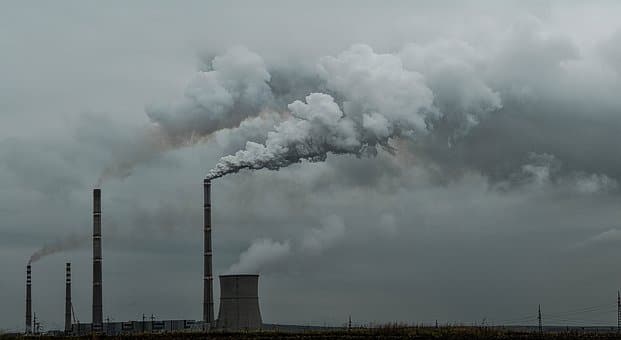Colorado Introduces Framework to Implement Climate Policy

The Colorado Department of Public Health and Environment on Jan. 14 released its Climate Equity Framework which outlines steps to implement the state’s air quality and climate policies, and plans to promote environmental justice. The framework proposes various suggestions to ensure public engagement and opinion in climate change policymaking and to minimize climate impact on underprivileged communities. Colorado is required to cut its emissions 26 percent by 2025, 50 percent by 2030 and 90 percent by 2050, as compared to 2005 levels, pursuant to a 2019 law.
The agency worked closely with environmental justice establishments, underprivileged impacted community affiliates, and other public members to finalize the program. An advisory group provided expert opinions and constructive remarks to outline the framework. Over 600 people contributed to two listening meetings in English and Spanish to give their comments on the framework.
The program is also focused on reducing greenhouse gas emissions and the associated adverse health impacts, and promoting access to clean energy and other technologies. The agency has also made a Climate Equity Data visualizer to show data on the impacts of climate change across the state. The framework includes recommendations to evaluate outcomes of GHG-related rulemakings to ensure they are accountable to climate equity principles, including providing public access to metrics.
Earlier on Dec. 17, 2021, the Colorado Air Quality Control Commission adopted rules to cut methane emissions from oil and gas operations as part of the state’s efforts to cut statewide greenhouse gas emissions. The rule includes a “greenhouse gas intensity program” under which operators must cut emissions by set percentages based on their production levels to meet the requirements specific to the oil and gas sector as codified in legislation enacted last year. Under the 2021 law, the industrial sector must meet a 20 percent reduction from the 2015 baseline by 2030; and the oil and gas sector must meet a 36 percent reduction from the 2005 baseline by 2025 and a 60 percent reduction from the 2005 baseline by 2030.
EnerKnol Pulses like this one are powered by the EnerKnol Platform—the first comprehensive database for real-time energy policy tracking. Sign up for a free trial below for access to key regulatory data and deep industry insights across the energy spectrum.
ACCESS FREE TRIAL